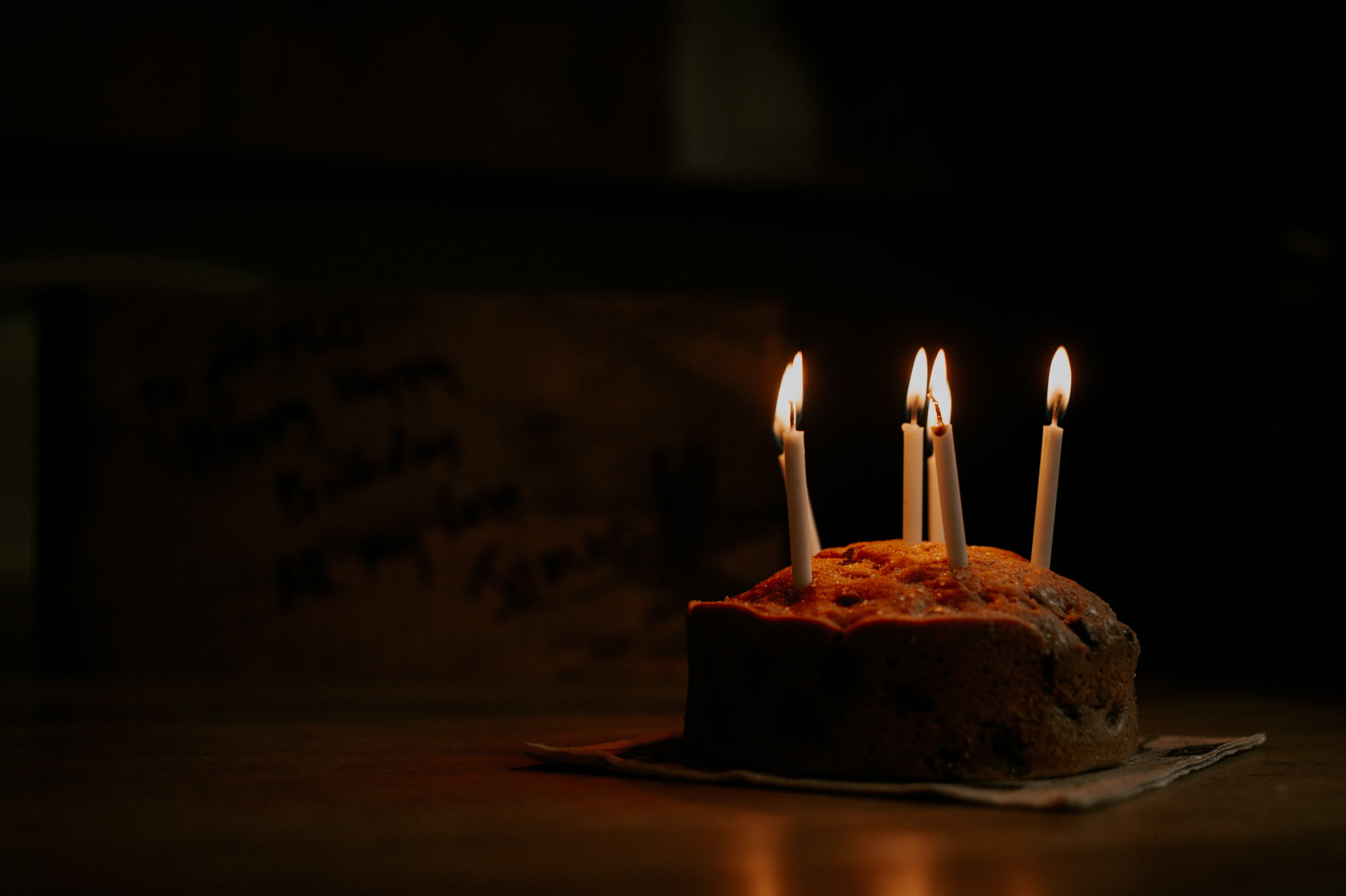
Bitter Sixteen
In a little over a month, it will be the “would have been” 16th birthday of my daughter, Margareta. In other words, it would have been her “Sweet Sixteen”, a milestone birthday to mark the beginning of her transition into womanhood. Except that it is anything but “sweet”.
It is a bitter reminder that I’ll never get to experience seeing my daughter as a woman. Or as a mother herself.
It’s not like we would have thrown a large, extravagant party. We wouldn’t have bought her a new car. She wouldn’t have dressed up in a formal quinceañera-style dress. None of that. But as the only girl in a family of boys, her sweet sixteen birthday would have meant something special.
Instead, it will end up being just another “would have been” birthday she’s not here to celebrate. A day on which we’ll have our annual ritual we’ve created to remember with love the day she came into our life.
The lead up to her birthday each year surfaces much of the sorrow, regret, and pain I place in little compartments inside me throughout the year.
Compartments packed away to process another day as I go about my current day-to-day life. And as the years roll on, the compartments do not get nearly as full and overwhelming as they once did. Margareta was 4-years-old when she died, and I’ve had 12 years since her death to process that reality, learn how to better handle the pain, adjust to a life without her, and learn some positive things about myself and life itself along the way.
But in the month or so before her birthday – which happens to be the same month in which she died – all of those compartments seem to bubble over. Every year like clockwork.
The long simmering feelings that stewed in their own juices for months on end begin to fill me once again with anguish, bitterness, and even anger.
And so at the same time each year, I have the excruciating task of wading through all these pent up, painful emotions in an attempt to finally allow myself to experience and then let them go. Sometimes it feels like my penance for not keeping her safe and alive.
Most of the time when I write about my grief, I try to end it by focusing on how far I’ve come in my journey of healing, all the things I’ve learned, and how much I’ve grown as a person. It serves to reassure myself and anyone reading that with some work and time, it does get easier from those early days of intense grief. It provides hope for those suffering under the weight of their pain.
But each year when I’m caught up in the muck of my overflowing pain and regret, I give myself permission to just feel what I feel. And usually those feelings are angry and resentful. And that’s ok.
It has to be ok, because that’s reality. It’s not some self-pity party. The reality of being a bereaved parent is that these painful feelings will NEVER go away. Our child IS dead. Year after year; decade after decade. It may not be what you want to hear, but it’s the truth. The feelings may morph and soften, but they’ll always be there.
There is no happy ending to my story. At least not the one I want. BUT– that doesn’t keep me from seeking and experiencing happiness, love, and appreciation during the remainder of my story.
I’ll be acknowledging and processing my feelings throughout this next month the best I can. And once that’s done, I can resume the new life I’ve built. One that Margareta would have supported and enjoyed seeing me live. One that may not include her physical presence, but her presence in my thoughts and heart every single day.

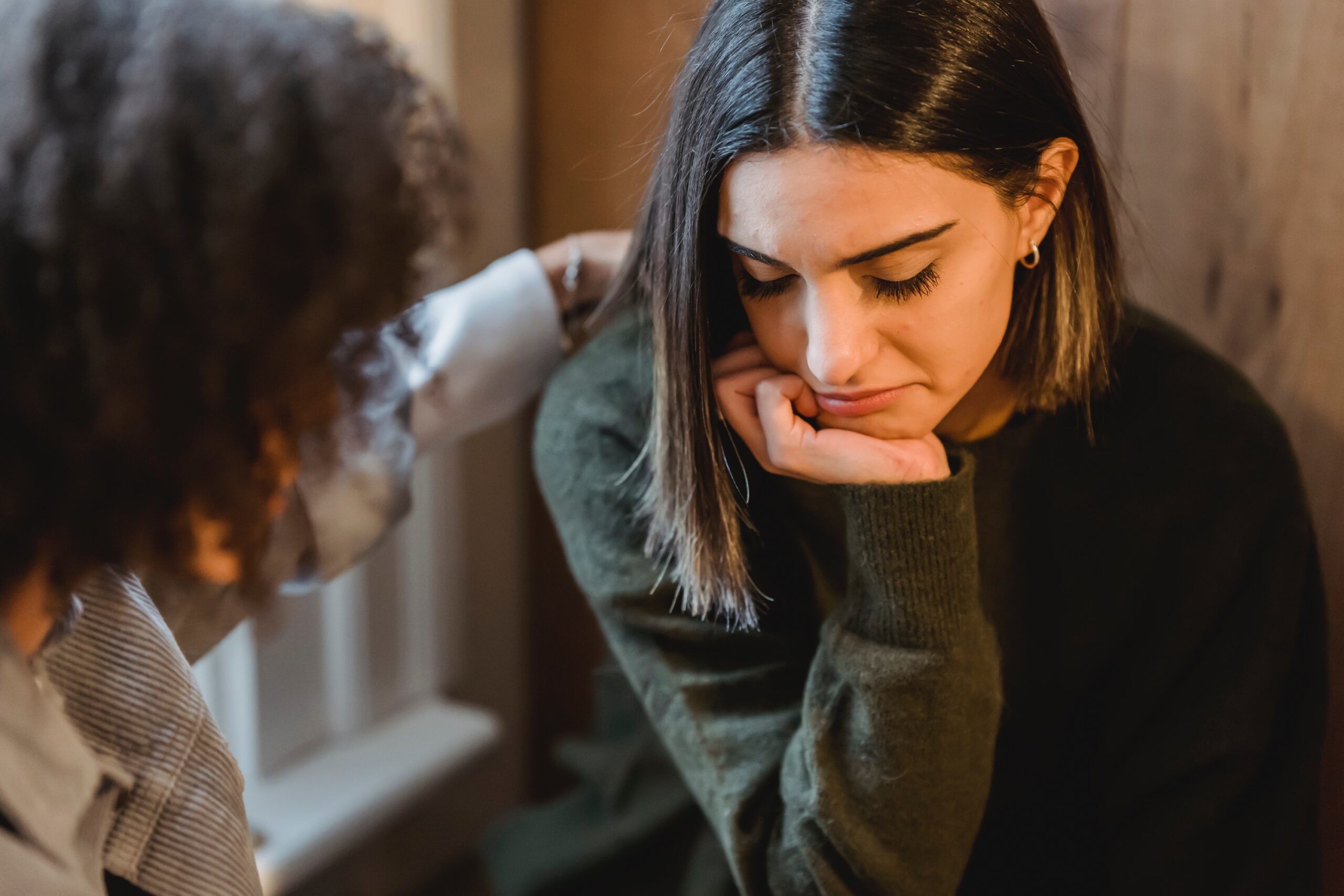
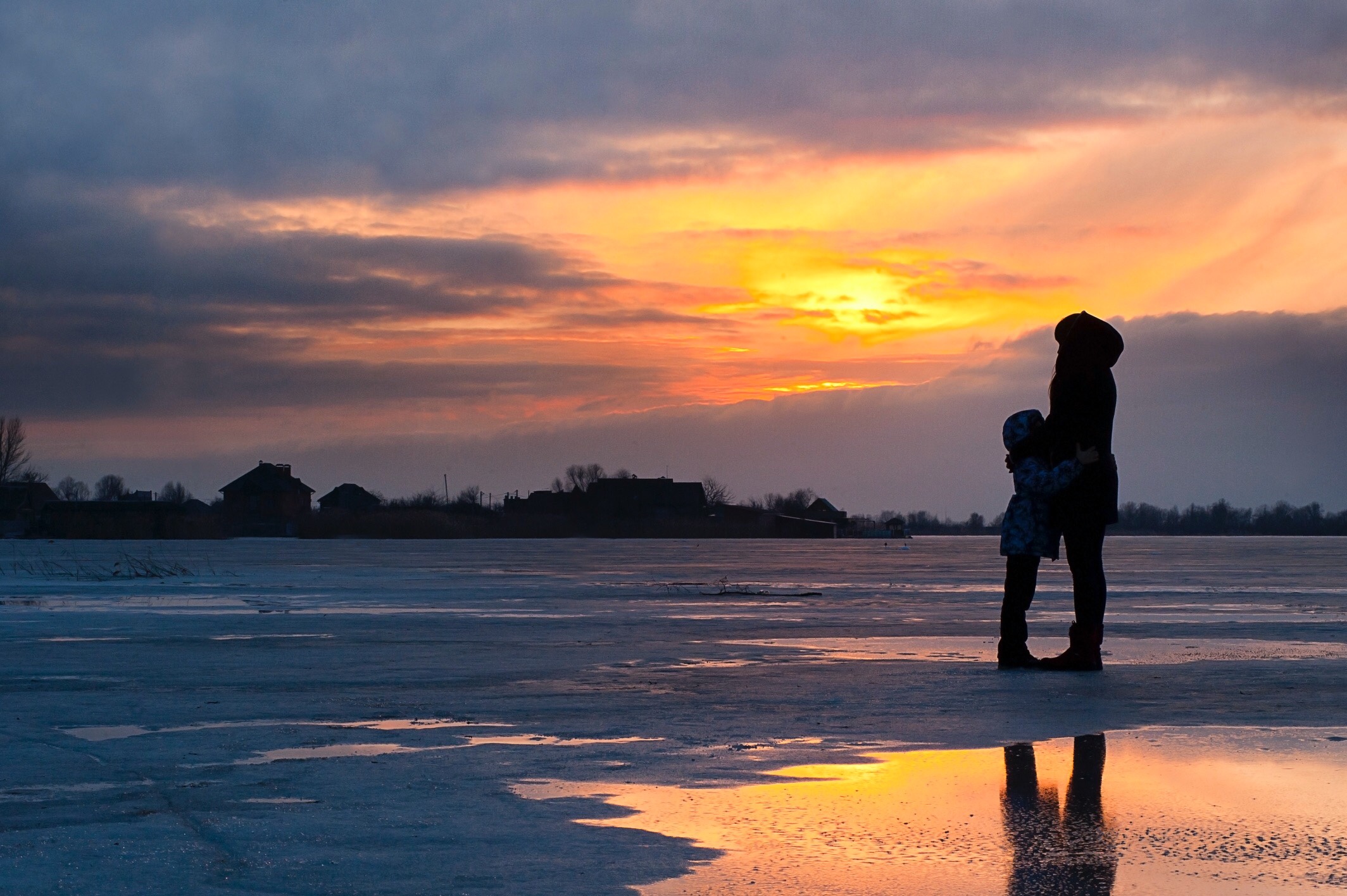

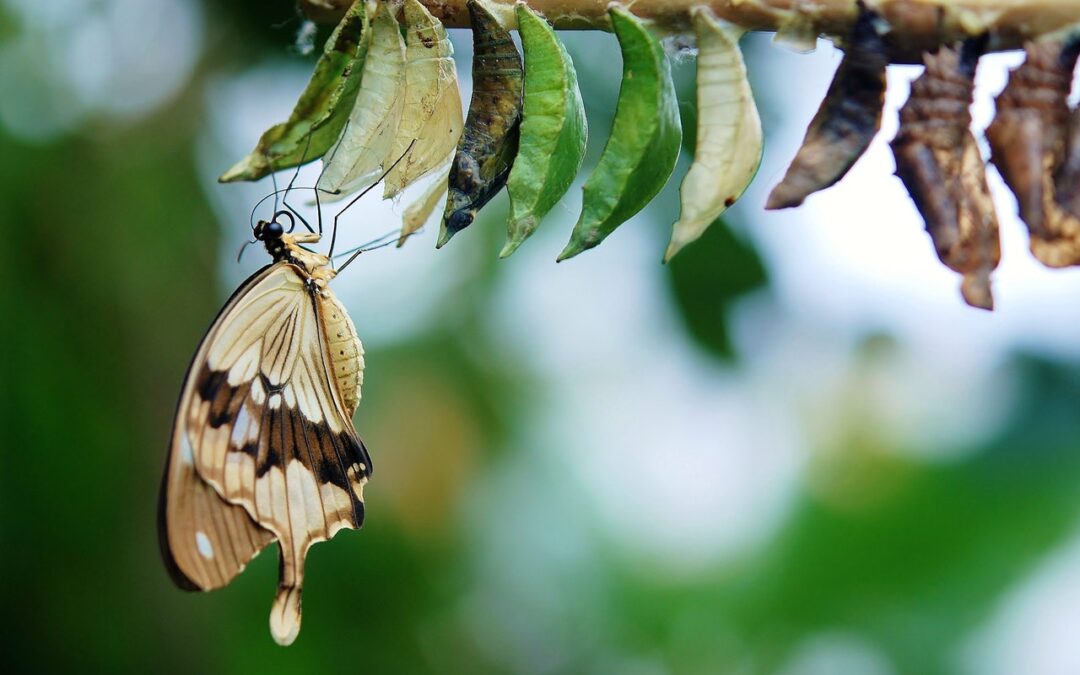
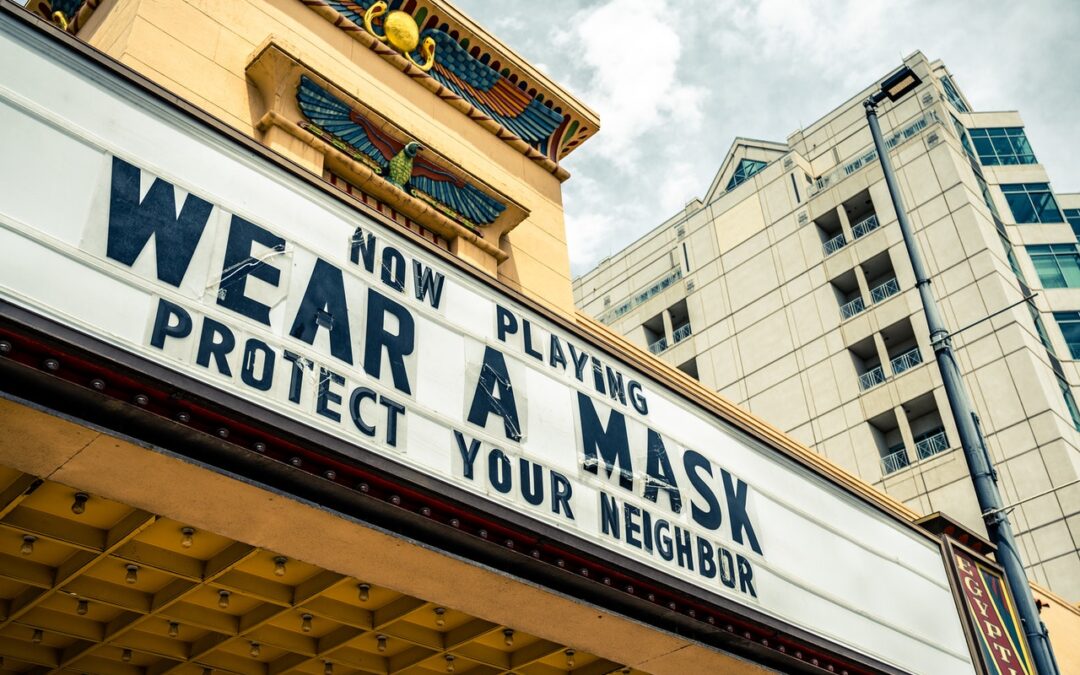
 This website was inspired by the memory of Margareta Sol Kubitz in hopes of helping others work through the pain of grief.
This website was inspired by the memory of Margareta Sol Kubitz in hopes of helping others work through the pain of grief.